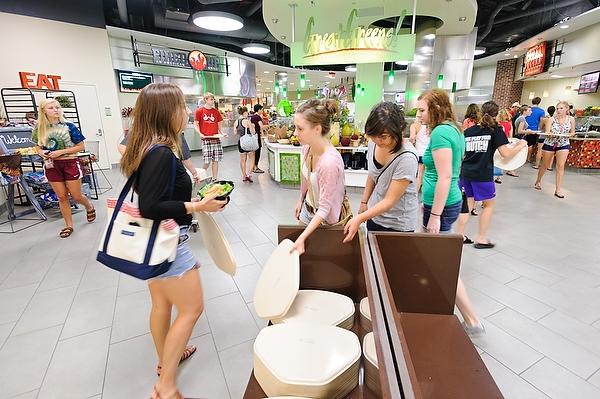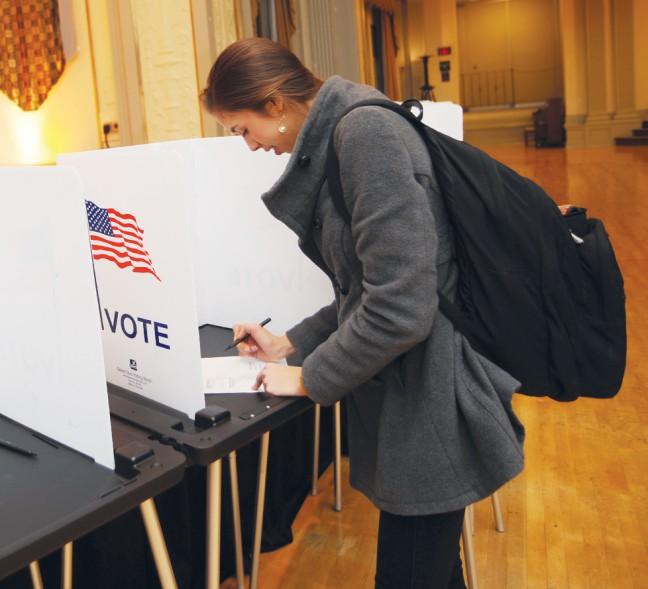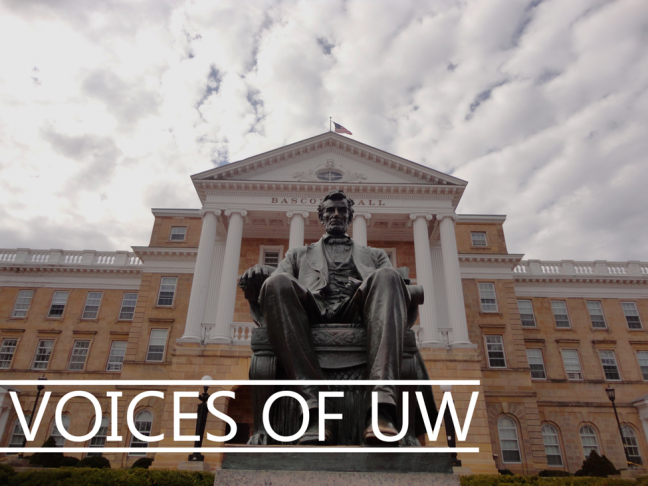The University of Wisconsin-Milwaukee Post is not going anywhere. We wish that Adelaide Blanchard would have made more of an effort to contact us about our decision so that we could have addressed that misconception earlier.
We appreciate all discussion about what the future of media will look like and value constructive criticism moving forward. We also take any concerns about our ability to maintain editorial independence seriously.
Blanchard seemed to misunderstand a few aspects of what we are doing and why we are doing it. Let us clarify.
We reject the characterization of The UWM Post as “self-victimizing.” We have been straightforward with the facts available to us and are optimistic about our future. Unlike the Marquette Warrior, which closed shop suddenly earlier this month, we wanted to open a dialogue with our readers to discuss the financial problems we face and our options for the future.
We are not alone in this crisis. If Blanchard had looked at her own newspaper’s financial statements, she would have realized that The Badger Herald has been operating at a deficit for the past three years, according to public records. The Herald has spent half of its reserves maintaining operations in that time.
The Post has lost revenue at about the same rate, but with a much smaller budget – $150,000 a year vs. $545,000 for The Herald – we operate on much thinner margins.
Even after cutting wages and pay, we know that our current financial situation is unsustainable. We have done a lot with very little, but we have reached our breaking point. We have decided to look to the student body for support.
Let’s be clear – We are not asking the university for support, nor the Student Association. We are asking students, the people who comprise our community, for $3 in segregated fees to cover our operating cost yearly. Although the distinction might seem minute, it is essential to understanding our vision. We will not accept segregated fee funding without evidence of overwhelming student support.
We have other self-imposed caveats on accepting subsidy for our work. The first is monumental. We are working both with other student groups on campus and with administrators to fundamentally change how student media is organized in the University of Wisconsin System. Part of this larger proposal is an alternate funding model, with a series of security measures to help protect student media from administrative and student government pressures. However, this is a very long process, and despite our months of work, we are still very early in seeing this to fruition.
The second caveat is obvious. As a weekly newspaper, we believe our usefulness has a looming expiration. The next six months is a time for us to assess the current media landscape and our role in it. If students decide to subsidize us, they will not be subsidizing an ineffective model. We cannot say exactly what form The UWM Post will take, but we strive for radical excellence. We will maintain our essence, but won’t be shackled by the limitations of our past.
These are the true precedents being set by The UWM Post.
You mentioned University of Georgia’s Red & Black as an example of editorial compromise. The Red & Black is a financially independent newspaper with over $1 million in revenues, yet its financial independence did not keep it safe from the university’s influence.
The Red & Black is run by a board of faculty, administrators and community members. This board is the final authority over the hiring and dismissal of student editors. It is this glaring design flaw that opened the Red & Black to intimidation by the university. The UWM Post is student owned and student run, and has no plans to change that.
Suffice it to say, financial independence is not a requirement for editorial independence.
So what does drive editorial independence? The backbones of the students involved with the newspaper. We have published hard-hitting articles critical of the student government, the athletics department, university administration and the Milwaukee Police Department. Not because our financial independence protected us, but because that is the function of journalists.
We agree with Blanchard when she says, “We can evolve as newsrooms while holding onto the traits which set us apart from press offices.” That is exactly what we intend to do.
We are happy to discuss this issue further with anyone who is interested in learning more about our current situation and where we plan to go next.
Zach Erdmann ([email protected]) and Steve Garrison ([email protected]) are the Editor-in-Chief and Managing Editor, respectively, of The UWM Post.











